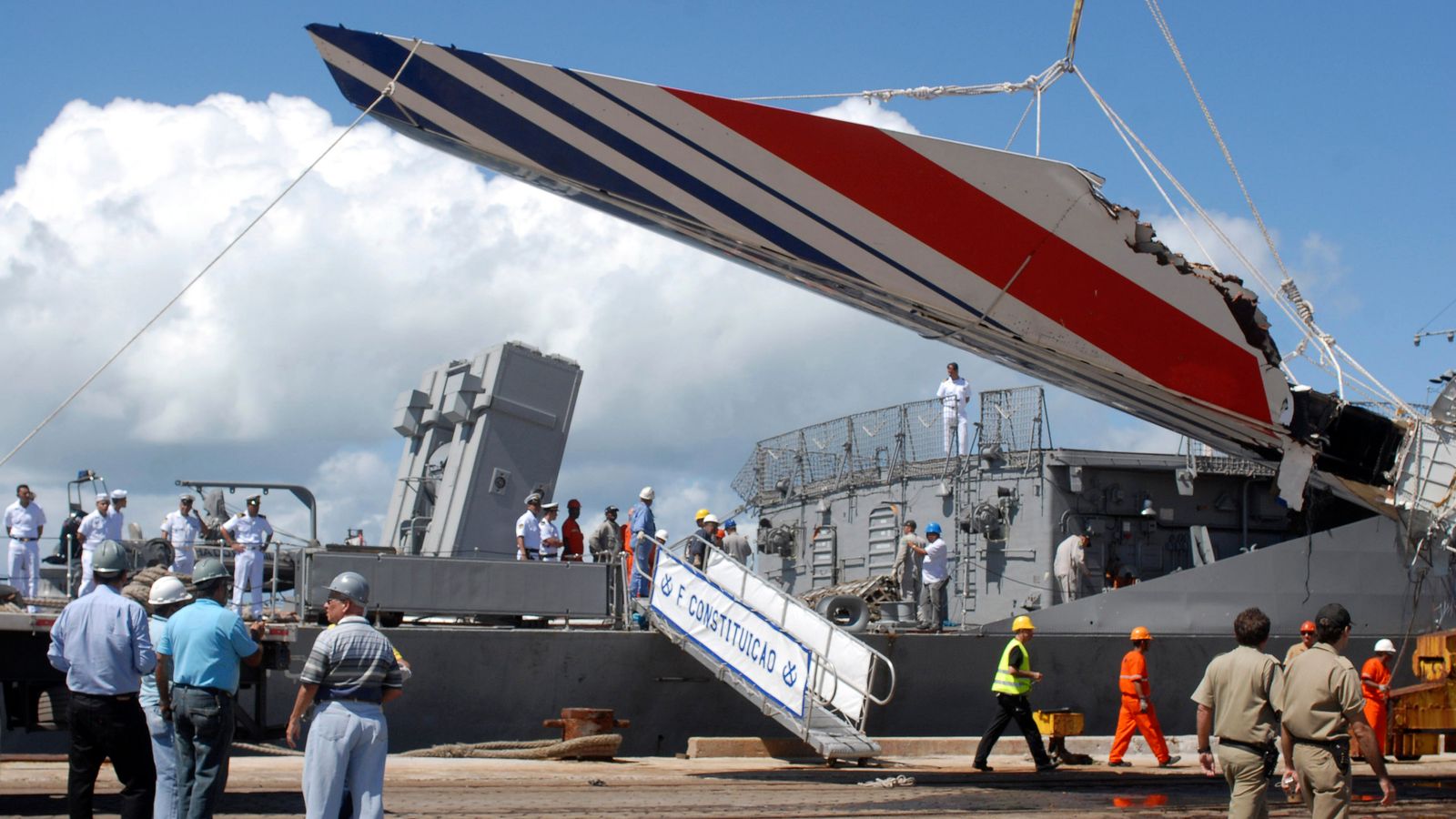The Airbus A330 was en route from Rio de Janeiro to Paris when it crashed into the Atlantic Ocean during a thunderstorm in June 2009, taking the lives of individuals from 33 nations. Both companies denied the charges of involuntary manslaughter.
A French court ruled yesterday after a two-month trial, stating that there was insufficient evidence to establish a direct connection between the companies' actions and the crash. Air France has provided compensation to the families of the deceased. The conclusion of France's first corporate manslaughter trial left the victims' families disappointed.
Claire Durousseau, who lost her niece in the accident, expressed her devastation, while Daniele Lamy, President of the AF447 victims' association, criticized the French justice system. Air France extended its deepest sympathies to the families, while the attorney for Airbus declined to comment on the ruling.
The official investigation into the disaster commenced after the recovery of the black box recorders in a two-year search. The report determined that the crash was caused by several factors, including pitot tube icing and pilot error. All crew members perished in the accident.
Air France was accused of not providing adequate training for pitot tube icing scenarios, and Airbus was accused of insufficiently informing airlines and crews about pitot tube issues and not offering adequate training to reduce risk. An Associated Press investigation revealed that Airbus had been aware of problems with the pitot tubes since at least 2002, but did not replace them until after the tragedy.
The Thales AA pitot model involved in the crash was eventually banned and replaced, and Air France updated its training materials and simulations. The crash of Flight 447 occurred when ice blocked the pitot tubes during a storm, causing the autopilot to disconnect and the crew to regain manual control. However, they were using incorrect navigation data, leading the aircraft to enter an aerodynamic stall and ultimately crash into the sea.

